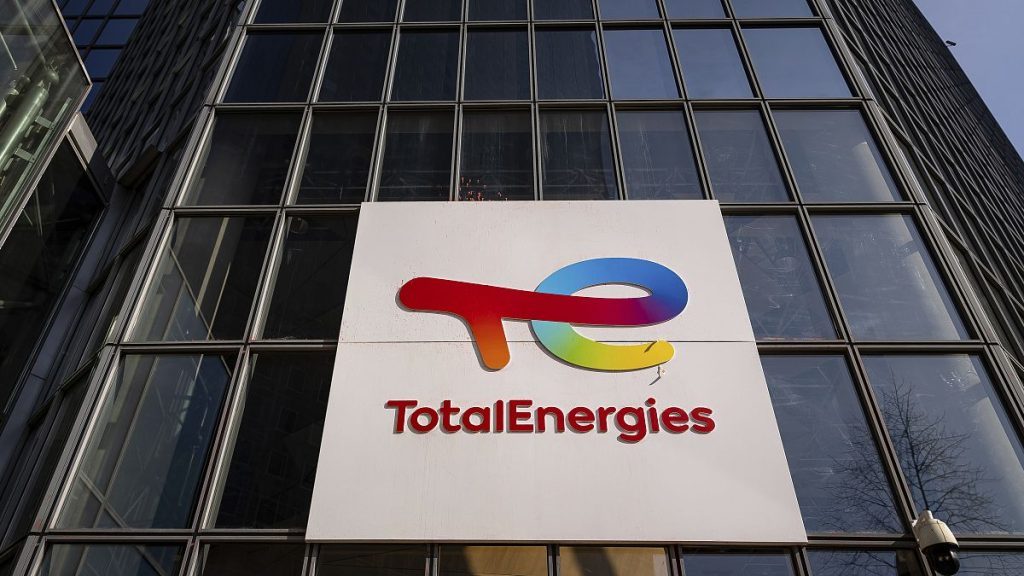TotalEnergies’ multi-billion dollar liquefied natural gas (LNG) project in Mozambique, once hailed as a potential economic game-changer for the African continent, continues to face significant delays and uncertainties. Originally slated to commence production in 2029, the project has been beset by a complex web of security challenges and political instability, forcing the French energy giant to repeatedly postpone its development timeline. The project’s significance lies not only in its substantial investment value of approximately $20 billion but also in its potential to transform Mozambique’s economic landscape. However, the path to realizing this potential has been fraught with obstacles, primarily stemming from a volatile security situation in the northern Cabo Delgado province.
The project’s initial setback occurred in 2021 when a surge in insurgent attacks near the TotalEnergies site compelled the company to declare force majeure, effectively halting operations. These attacks, carried out by armed groups in the region, underscored the precarious security environment and the vulnerability of the project to disruptions. Despite initial hopes of resuming operations in late 2023, the project experienced further delays due to escalating violence and political unrest following the contested October presidential election. The ensuing protests and instability not only resulted in tragic loss of life but also significantly impacted businesses, prompting closures of ports and land borders, further complicating the project’s prospects.
The persistent security challenges in Cabo Delgado province have been a major impediment to the project’s progress. The region has been plagued by insurgent activity, making it difficult for TotalEnergies to guarantee the safety of its personnel and operations. The initial wave of attacks in 2021 forced the complete withdrawal of all personnel from the Afungi site, underscoring the severity of the security risks. The subsequent resurgence of violence after the 2024 presidential election further solidified the need for a comprehensive security solution before the project could realistically move forward. The volatile political landscape and the contested election results have exacerbated the security situation, creating a climate of uncertainty that has hampered progress.
TotalEnergies’ decision to declare force majeure in 2021 reflected the company’s recognition of the gravity of the security situation. The declaration acknowledged the inability to fulfill contractual obligations due to circumstances beyond their control, highlighting the unprecedented challenges posed by the insurgency. The company expressed solidarity with the Mozambican government and people, emphasizing the hope that collaborative efforts with regional and international partners would eventually restore stability and security in the region. This declaration effectively put the project on hold indefinitely, pending a significant improvement in the security environment.
Despite the ongoing challenges, a glimmer of hope has emerged in the form of a security partnership between Mozambique and Rwanda. Rwanda’s deployment of thousands of troops to assist Mozambican forces in combating the insurgency represents a significant step towards stabilizing the region. This intervention has the potential to create a more secure environment for TotalEnergies to eventually resume operations. However, the long-term effectiveness of this intervention remains to be seen, and the project’s future still hinges on the ability to establish lasting peace and stability in Cabo Delgado.
The future of the Mozambique LNG project remains uncertain, with the 2029 production target appearing increasingly ambitious. While the Rwandan intervention offers a potential pathway towards improved security, the complex political and security landscape presents ongoing challenges. TotalEnergies faces the difficult task of balancing its investment in the project with the need to ensure the safety and security of its operations. The ultimate success of the project will depend on the ability of the Mozambican government, with the support of its partners, to establish a sustainable peace and create a conducive environment for long-term investment and development. The project’s potential to transform Mozambique’s economy remains significant, but its realization hinges on overcoming the substantial hurdles that lie ahead.














